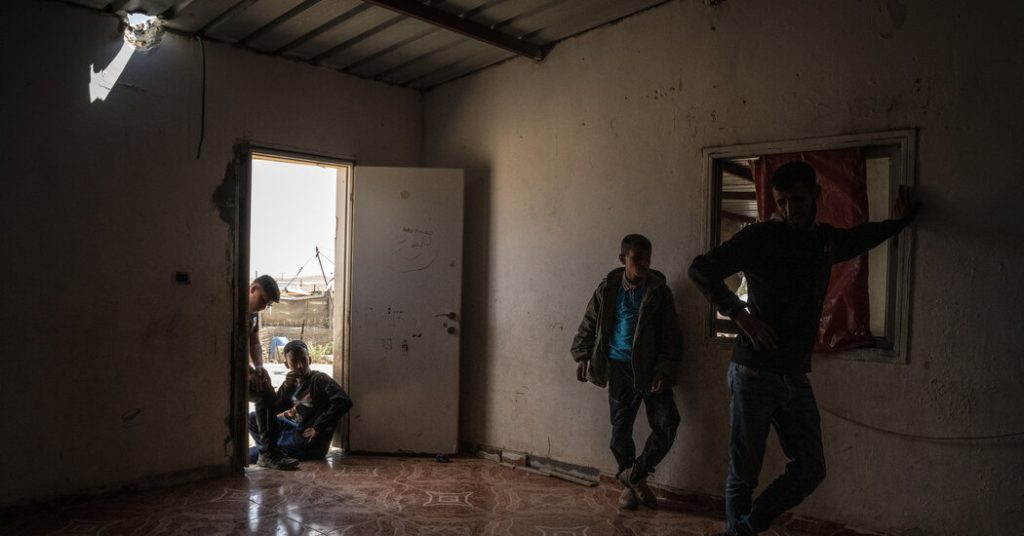Arab countries in the region have been trying to mediate the conflict between Israel and Hamas, as well as prevent the involvement of other armed groups backed by Iran. However, a recent Iranian drone and missile attack on Israel has escalated tensions and put the region on high alert. This direct confrontation between Israel and Iran is a new reality, with the potential to drag the U.S. into a regional war. The United States and Iran are currently the only countervailing forces seeking to avoid further escalation.
While the desire to avoid a wider conflict is present, the citizens of Arab countries are concerned about their futures, especially after witnessing the recent attacks. Many officials and analysts in the region are calling for de-escalation and urging caution. In contrast, some countries with close ties to Iran, like northern Yemen and Lebanon, have shown support for the attack on Israel. Saudi Arabia, in particular, has expressed concern over the implications of the military escalation and called for maximum restraint.
Arab countries have been adjusting their geopolitical relationships in response to the escalating conflict. Saudi Arabia, despite historical tensions with Iran, has sought to establish diplomatic ties with them, facilitated by China’s growing influence in the region. The war in Gaza has drawn Gulf states, Egypt, and Jordan more directly into the conflict dynamics, causing divisions among Arab leaders and countries over how to navigate the situation.
The recent hostilities have raised questions about the future of relations between Israel and some Arab states that recently normalized ties through the Abraham accords. While some countries have distanced themselves from Israel since the war began, none have completely abandoned their relations with Israel. Saudi Arabia, which had been exploring diplomatic normalization with Israel, has emphasized the need for a pathway to a Palestinian state as a condition for any deal.
There is a growing push by Arab countries to engage in diplomatic efforts to prevent a broader conflict in the region. Countries like Qatar and Oman have played pivotal roles in shuttle diplomacy between Hamas, Iran, and the United States. Oman, in particular, has acted as a conduit for messages between the U.S. and Iran, highlighting the importance of diplomatic solutions in avoiding a regional war. The shifting dynamics in the Middle East have underscored the need for effective communication and negotiation between key players in the conflict.


